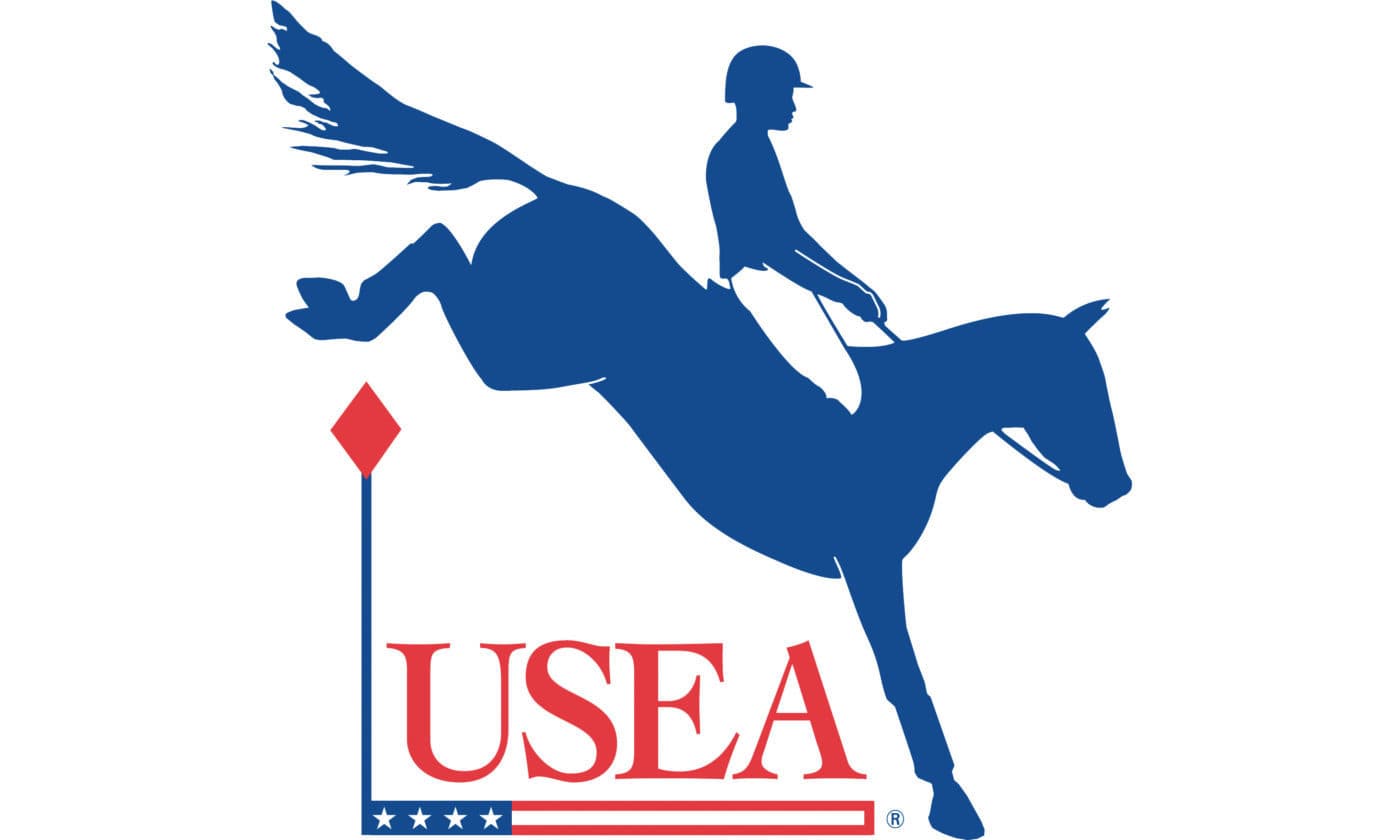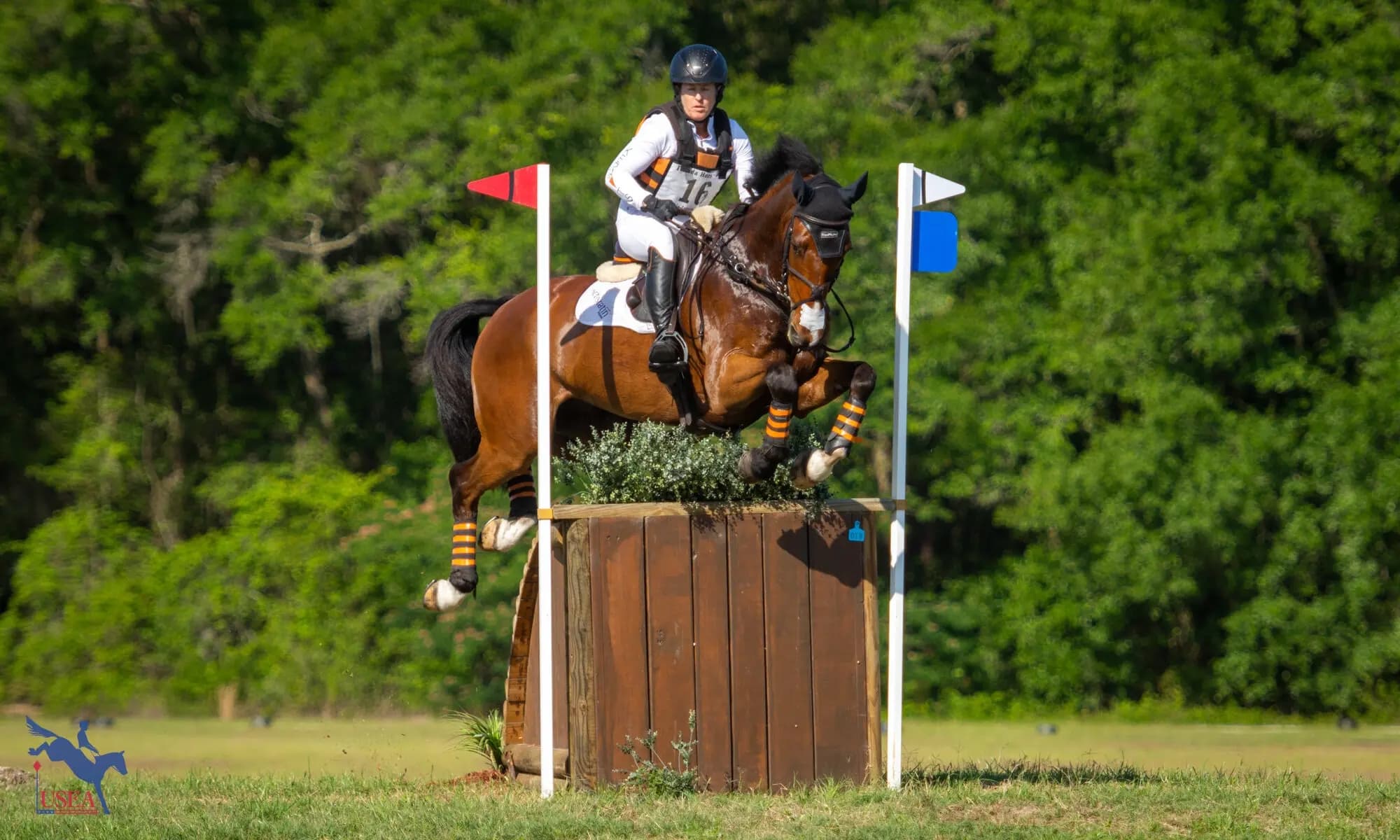“And again, and again, and again”: Knowing When to Come Again and When to Switch Up an Exercise
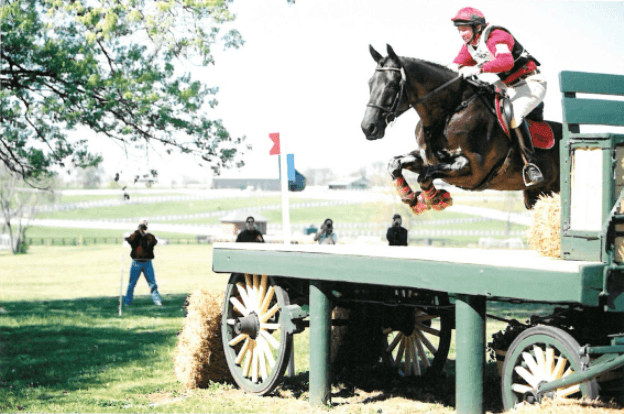
The great football coach Vince Lombardi said, “We win our games in practice.” With the goal of having the most effective practices possible for horses, their riders, and their coaches, Cathy Wieschhoff explains some signs that can indicate when horse and rider should repeat an exercise, switch it up, or be done with that activity. Wieschhoff brings perspective as a five-star rider that has competed at the Kentucky Three-Day Event and Burghley Horse Trials, an FEI Level 2 Cross-Country Course Designer, a former Area VIII chair and member of the USEA Board of Governors, and a Level V USEA ECP Certified Coach based out of Carriage Station Farm in Lexington, Kentucky.
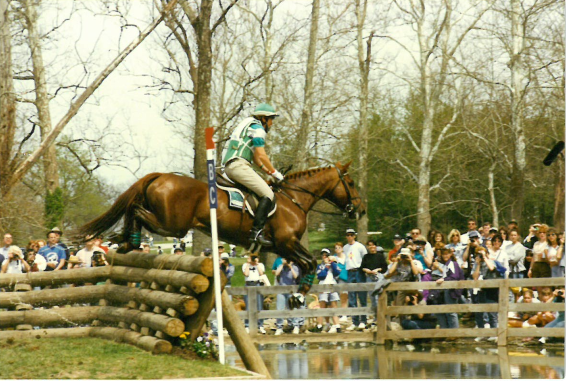
USEA: What are some signs that riders can notice and feel that their horse is “getting it” during a lesson? On the flip side, what signs indicate that a horse is not getting it?
It seems to me that you notice riders and horses are getting it when what you’re asking them to do makes sense to them and the horse responds. I always ask, “Do you feel that?” A lot of the times, I think, they say yes but don’t, but a lot of the times they say yes and they do get it.
There are times that the horse isn’t getting it, not answering the question that is being asked, and becoming resistant. Sometimes, we have to work through that resistance with a positive outlook in our minds, saying to the horse, “Yes you can.” You’ve got to try instead of getting frustrated that they might not be doing that.
When things aren’t going well, what strategies can riders use or can coaches give to change the trajectory of an exercise?
Usually, if things aren’t going well, there are too many questions being asked of the horse or the rider or both. I use the phrase “breaking it down into words of one syllable.” Either the horse or the rider or both need to take a step back and ask more simple questions that will allow them to put the bigger sentence together.
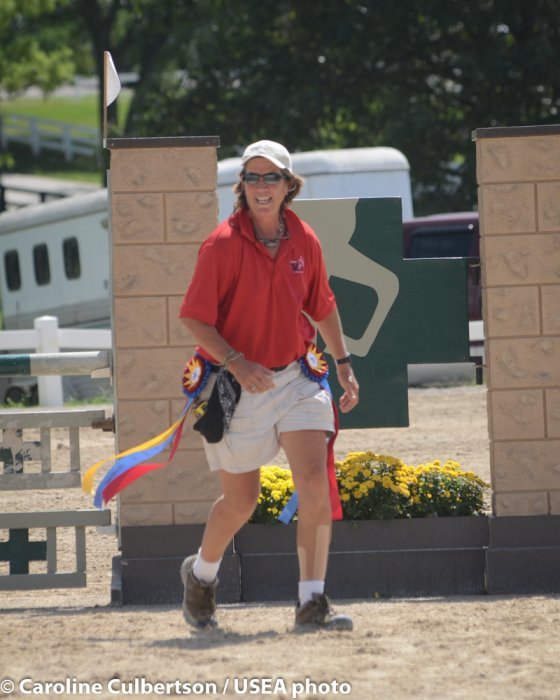
If a particular exercise is going well, what considerations should coaches and riders give to: a) ending on a positive note, b) reinforcing the lesson by repeating it, or c) building on it by adding additional elements?
I tend to always quit while we are ahead and the horse and the rider understand and are able to perform the exercise and answer the questions. Sometimes I see them look at their watch, but I emphasize that it might not need the whole time to accomplish the exercises for the day and the horse needs to know they did it right. We are quick to say what they did wrong and not quick enough to tell them what they did right.
For adding an unplanned challenge, I would like to think that an instructor wouldn’t do this but look at it in a different way. Depending on the horse and the rider, the more tools that are in the “toolbox,” the better the horse and rider will perform. So, I look at it as adding more tools.
This can take many forms whether it be adding a new or different movement in the dressage work, or a more challenging variation of jumps on a course, whether it be XC schooling or show jumping, to raising jumps in a gymnastic or related-distance line. One always wants to be sure you are showing the rider and or the horse what they can do, not what they can’t do.
Many times I might have a plan already to do this in the lesson and I get to it sooner rather than later so one is not at the end of the lesson presenting new challenges.
The decision to keep going because I think the rider and horse can “get it” is a tough one. I have always said I needed a degree in psychology in order to be an instructor! Experience goes a long way, and one has to read the rider’s state of mind in order to decide to continue the challenge. Above all, it is our responsibility to end a lesson on a positive note.
What is some advice for developing good communication between a rider and trainer during a lesson to make these decisions?
I always check in, “What do you want to work on?” If it is a flat lesson, “What comments were on your dressage test? Or what have you been struggling with?” For jumping, I usually have an idea of where the horse and the rider need to go next. I discuss this with them and we go from there. Sometimes, I will tell the rider to “remind me what we want to do…” for the next lesson. I change my jumping exercise once a week at my farm, so usually after a competition weekend we do gymnastic exercises and then a course the next week.
What are some criteria coaches can use to determine when a rider should move up or down a level?
Confidence in their horse and themselves lends itself to better decisions of moving up. Trust in the trainer’s recommendations needs to be there. Listen to the rider, especially if they are concerned about anything. If the rider is not confident, even though the trainer has confidence in their abilities, one is better to let them compete at the level they are comfortable with instead of trying to move them up. They are on the horse, not the trainer.
About the USEA Eventing Coaches Program (ECP)
Coaches are essential to the training of riders and horses for safe and educated participation in the sport of eventing. The USEA Eventing Coaches Program (ECP), formerly known as the Instructors’ Certification Program (ICP), was initiated in 2002 to educate all levels of eventing coaches with crucial training principles upon which they can continue to build throughout their teaching careers. ECP offers educational workshops and assessments by which both regular coaches, Level I through Level V, Young Event Horse (YEH) coaches, and Young Event Horse professional horse trainers can become ECP certified. Additional information about ECP’s goals, benefits, workshops, and assessments as well as names and contact information for current ECP certified coaches, YEH coaches, and YEH professional horse trainers are available on the USEA website. Click here to learn more about the USEA Eventing Coaches Program.


